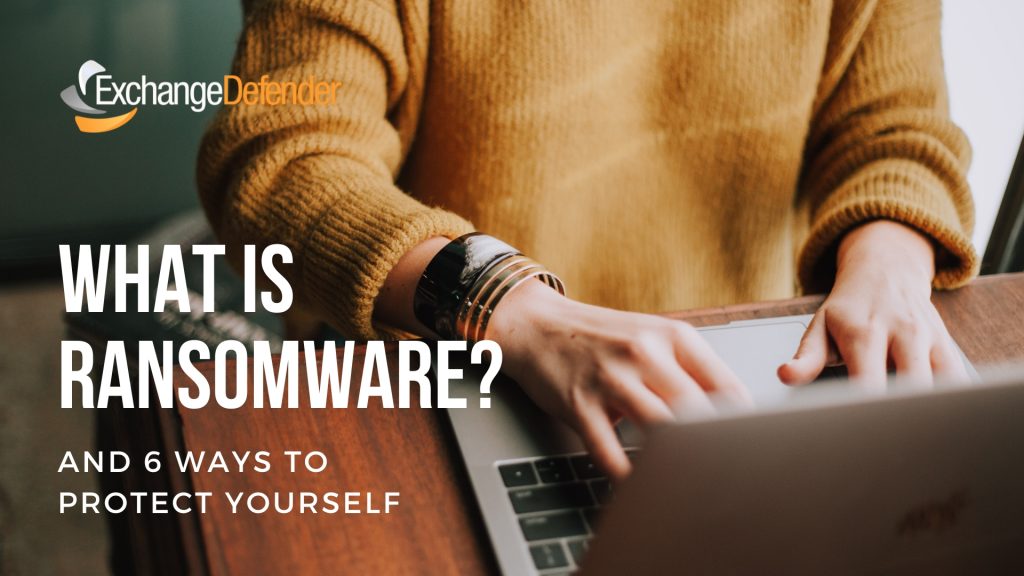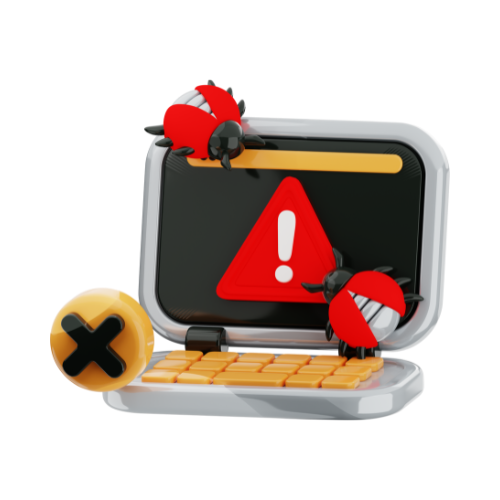What is Ransomware? The Price of Clickbait


What is Ransomware?
Ransomware is a type of Malware. It is a nasty computer virus that locks up your important files. Think of your files as your favorite photos, important documents, or work projects. When ransomware strikes, it scrambles these files, making them useless until you pay the hackers. It’s like a digital thief who kidnaps your data and demands a ransom to give it back.

The Allure of Malicious Links and Attachments
Let’s be real, we’re constantly bombarded with information. From social media to email, we’re exposed to a constant stream of links and attachments. While many of these are harmless, some can be incredibly dangerous.

Why do people click on malicious links and attachments?
- Curiosity: A well-crafted subject line or intriguing message can pique our interest, leading us to click without thinking.
- Sense of urgency: Cybercriminals often use tactics like “urgent action required” or “limited-time offer” to create a sense of urgency, prompting us to click impulsively.
- Trust in the sender: If the email appears to be from a trusted source, such as a friend, family member, or colleague, we may be more likely to let our guard down.

The Devastating Consequences
The consequences of clicking on a malicious link or attachment can be severe. Ransomware attacks can cripple businesses, government agencies, and individuals, leading to significant financial losses, data breaches, and reputational damage.
How to Protect Yourself
To protect yourself from ransomware attacks, it’s essential to practice good cyber hygiene. Here are some tips:
- Be cautious of unsolicited emails: Avoid opening emails from unknown senders or those with suspicious subject lines.
- Verify the sender: Double-check the sender’s email address and look for any typos or grammatical errors.
- Hover over links before clicking: This can help you identify malicious links that may redirect you to harmful websites.
- Use strong, unique passwords: A strong password can make it more difficult for cybercriminals to access your accounts.
- Keep your software up-to-date: Regularly update your operating system and software applications to patch vulnerabilities.
- Back up your data: Regularly back up your important files to an external hard drive or cloud storage service.
By following these simple tips, you can significantly reduce your risk of falling victim to a ransomware attack.
Remember, a single click can have devastating consequences.
